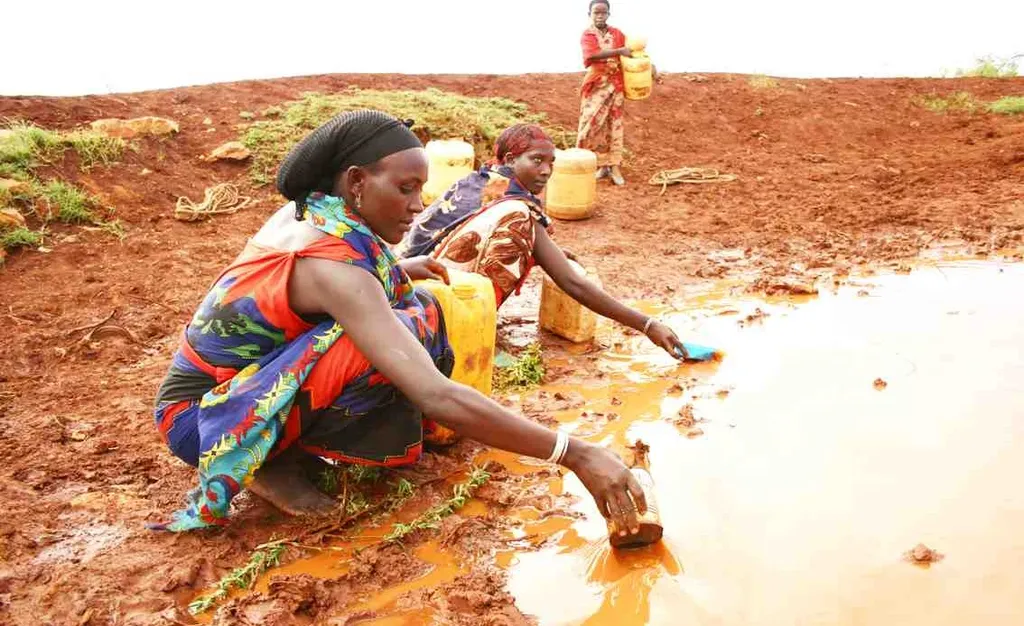In the heart of Southern Africa, a silent crisis is unfolding—one that threatens the lifeblood of communities and the backbone of the agriculture sector: water security. A recent study published in *Frontiers in Water* sheds light on the multifaceted challenges and offers a roadmap for adaptive solutions that could reshape the region’s future.
The research, led by Neo Mokone of the Faculty of Economics, Development and Business Sciences at the University of Mpumalanga, synthesizes existing literature on water availability, climate change, infrastructure, and governance in Botswana, Mozambique, Namibia, South Africa, Zambia, and Zimbabwe. The findings paint a stark picture: rural households grapple with unreliable and unsafe water supplies, while urban systems buckle under the strain of rapid population growth. Climate-induced droughts and floods further exacerbate scarcity, jeopardizing agriculture, energy production, and public health.
“Water insecurity is not just an environmental issue; it’s a socio-economic crisis that disproportionately affects the most vulnerable,” Mokone emphasizes. The study reveals that women in rural areas bear the brunt of water collection, deepening existing inequities. Poor institutional coordination and limited investment in infrastructure compound the problem, leaving communities ill-prepared to cope with the escalating impacts of climate change.
For the agriculture sector, the implications are profound. Water scarcity threatens crop yields and livestock production, directly impacting food security and economic stability. The study highlights the urgent need for sound water governance, climate-resilient infrastructure, and regional cooperation to ensure fair and sustainable water access. By investing in adaptive strategies, policymakers can mitigate the commercial risks posed by water insecurity and foster a more resilient agricultural sector.
The research calls for a paradigm shift in water management, advocating for gender-inclusive policies and regional collaboration. “Addressing water security requires a holistic approach that integrates climate adaptation, robust governance, and equitable access,” Mokone notes. By consolidating fragmented literature, the study provides actionable insights for policymakers and stakeholders, guiding them toward developing adaptive, fair, and long-term water management strategies.
As climate and socio-economic pressures continue to mount, the findings of this study could shape future developments in water security, offering a blueprint for sustainable management in Southern Africa and beyond. The agriculture sector, in particular, stands to benefit from these insights, as resilient water management practices can safeguard productivity and economic growth. The study’s implications extend far beyond the region, serving as a catalyst for global dialogue on water security and climate adaptation.
In a world where water is increasingly becoming a scarce resource, the lessons from Southern Africa offer a timely reminder of the need for proactive, inclusive, and innovative solutions. By heeding these insights, we can pave the way for a more secure and sustainable future for all.

